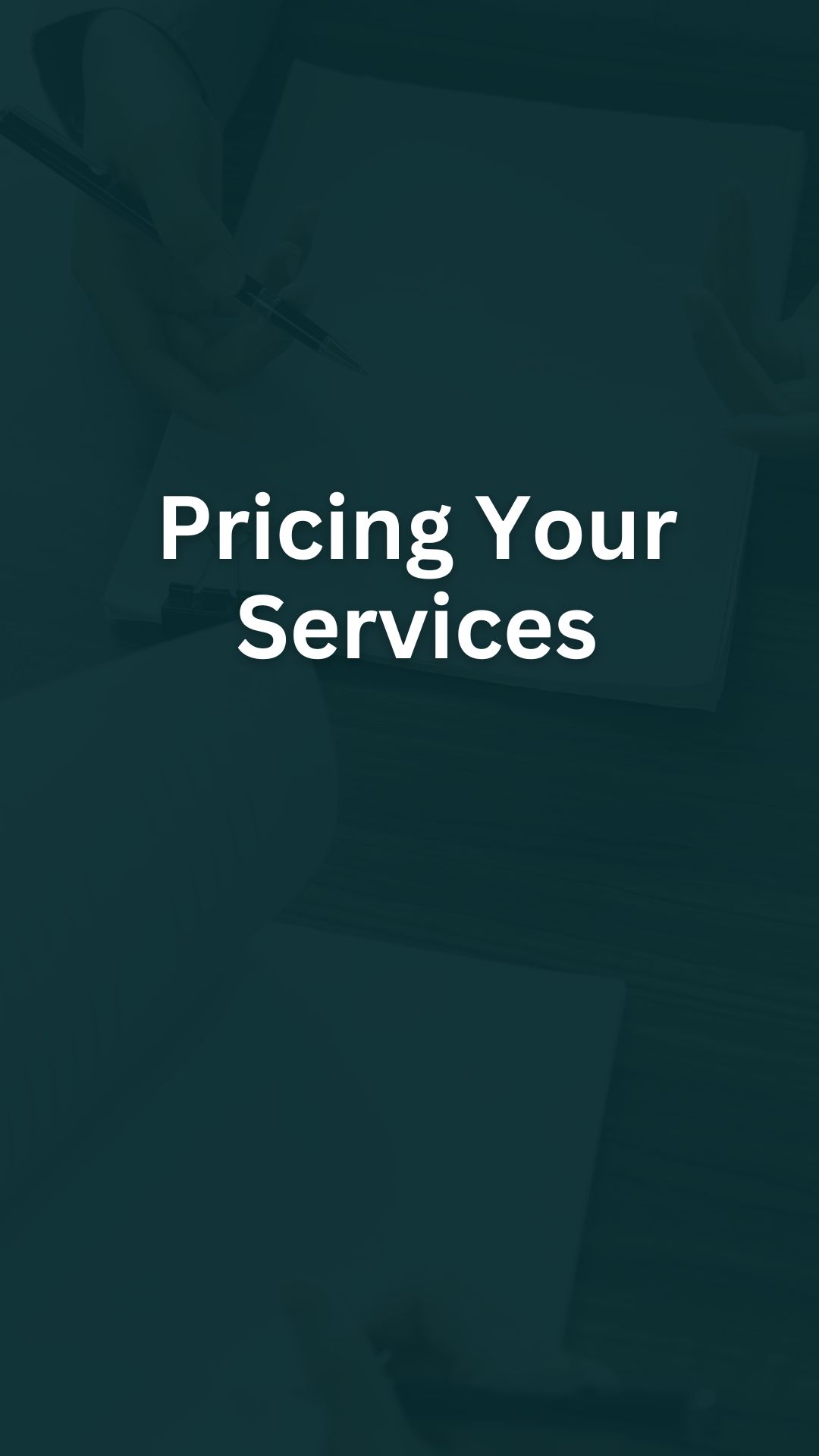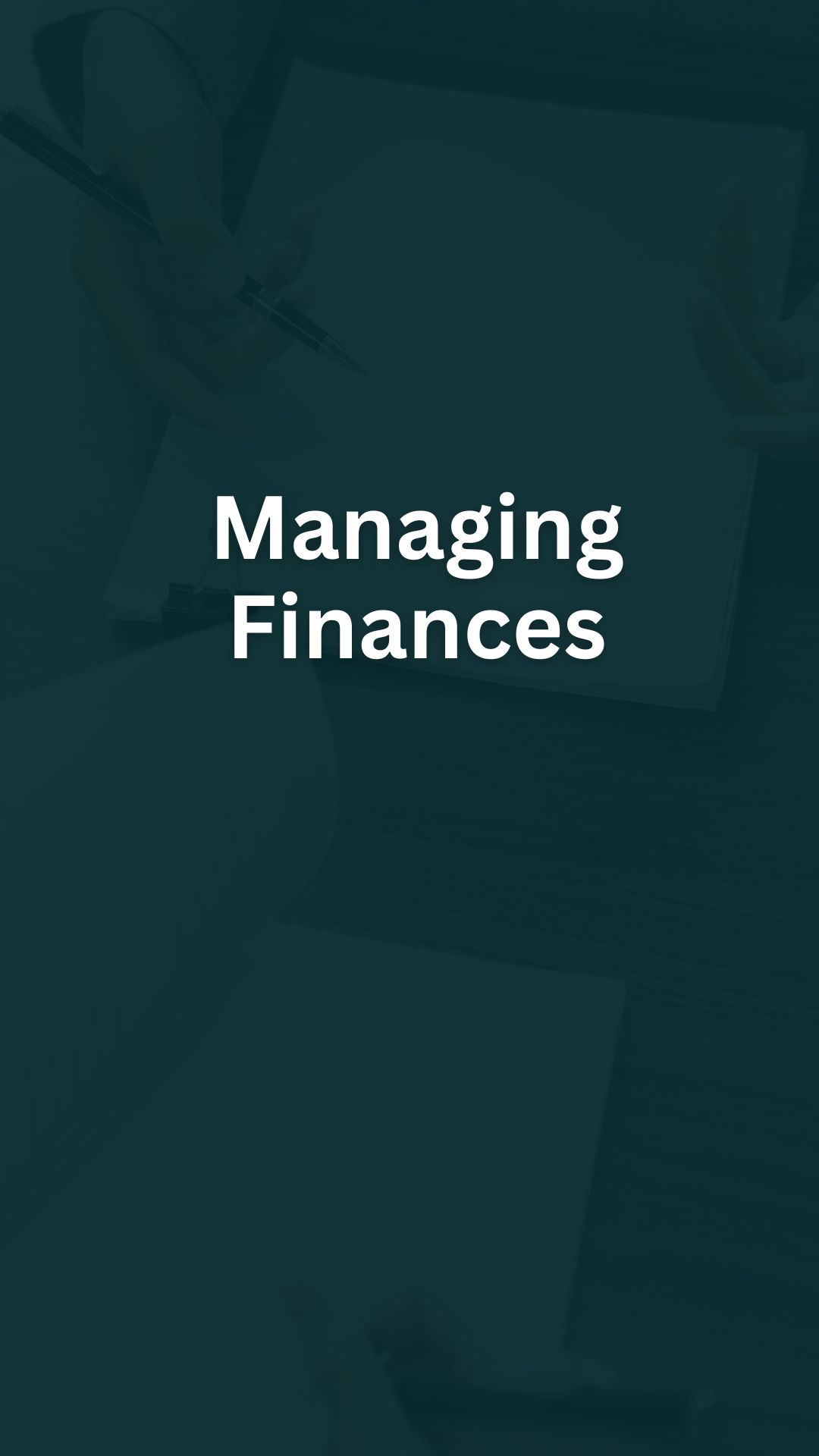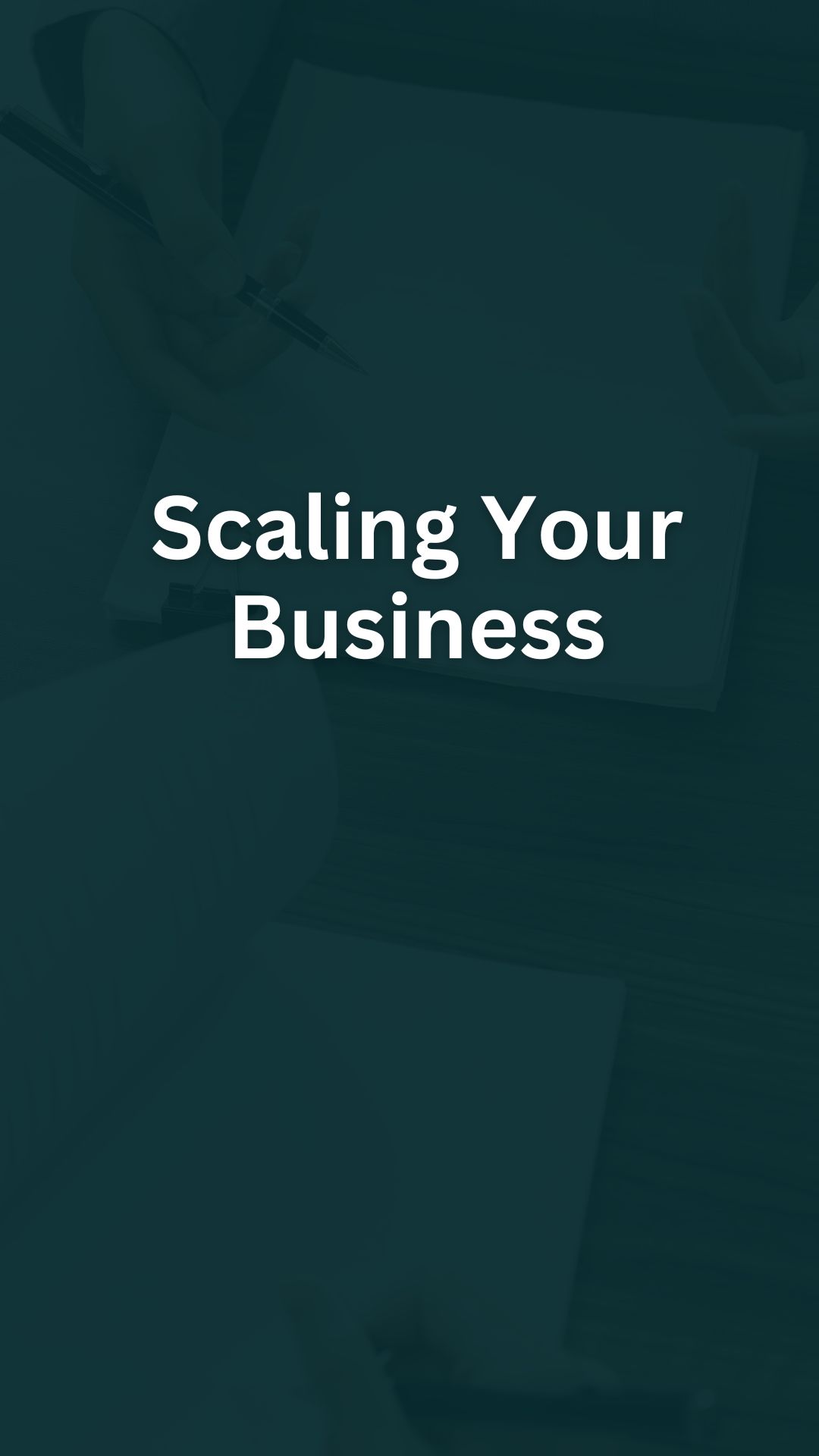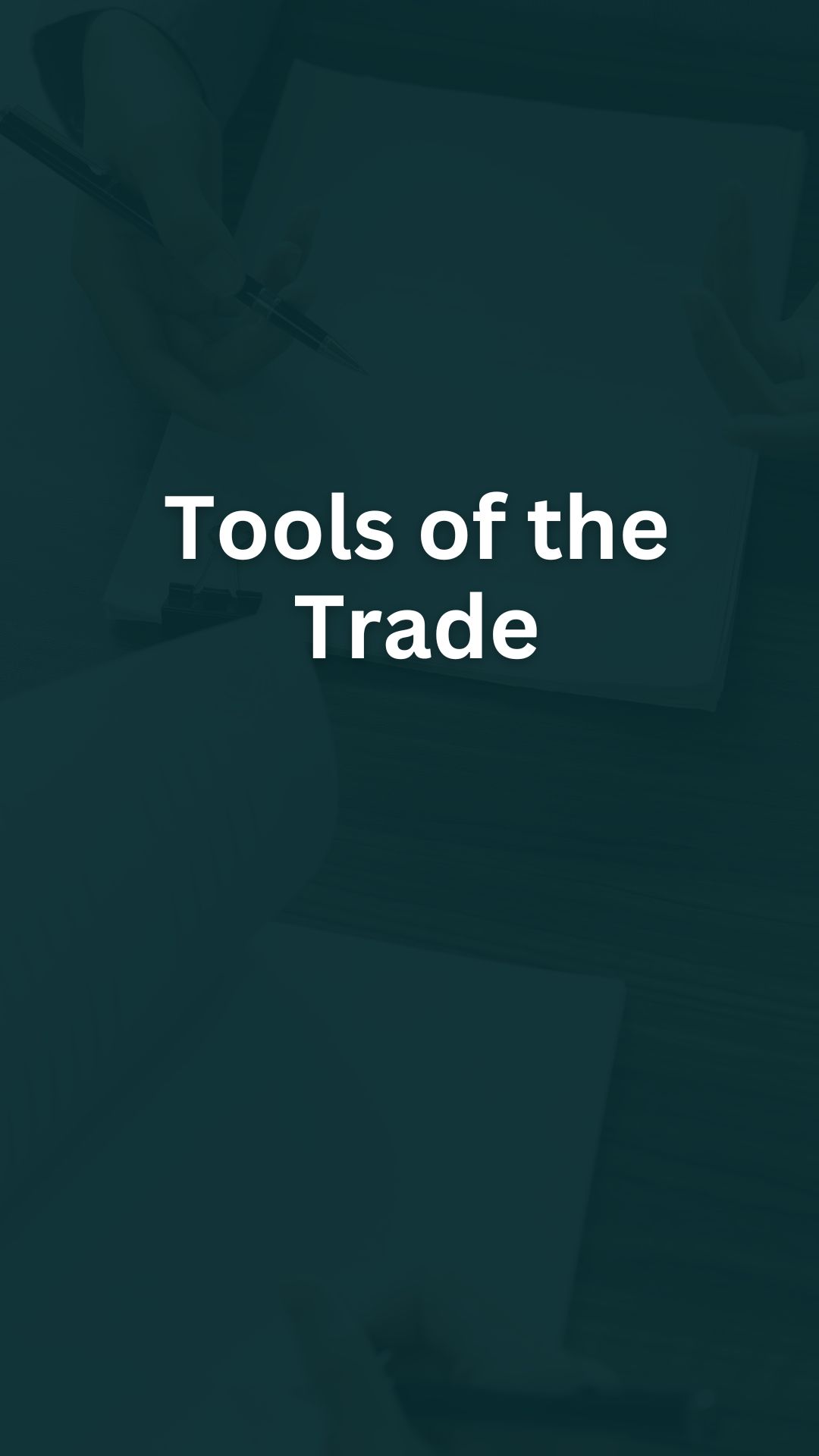Starting your journey as a freelance web developer can seem overwhelming, but it’s absolutely within reach. You can turn your coding skills into a thriving business by taking the right steps.
Imagine working on diverse projects, choosing your clients, and setting your schedule. Sounds exciting, right?
You’ll need to build a solid portfolio showing your best work to attract clients. Showcase your skills on platforms like LinkedIn or a personal website.
Highlight projects that demonstrate your unique style and technical abilities. This will help potential clients see what you can do for them.
Networking is key in freelancing. Join online communities, attend meetups, or engage in social media groups.
Connecting with other professionals can open doors and lead to new opportunities.
By building relationships and learning from others, you’ll grow your freelance business faster.

Setting Up Your Freelancing Business
Setting up a freelancing business takes planning and preparation. Focus on choosing your niche, creating your brand, and handling legal matters.
Choose Your Niche
Picking a niche helps you stand out and attract clients looking for specific skills. Think about what you enjoy and where your strengths lie.
Popular niches include e-commerce websites, blogs, and portfolio sites.
Conduct market research to see which niches are in demand and have fewer competitors.
Avoid being too broad. Specializing can make you an expert in your field. Start with one or two niches and expand as you gain experience.
Create Your Brand
Your brand represents who you are and what you offer. Start with a memorable name and a professional logo.
Consistent colors and fonts will make you look more polished.
Create an online presence with a website showcasing your skills. Highlight your best work in a portfolio.
Use social media to share updates and connect with potential clients. Consider a tagline that explains what sets you apart.
Legal Considerations
Handle the legal aspects to protect yourself and your business. Choose the right business structure, like a sole proprietorship or LLC. Each has different tax implications and liability protections.
Get any necessary licenses or permits. Don’t forget to register your business name.
Draft clear contracts for your clients to outline your services, payment terms, and deadlines.
Consider working with a lawyer to cover all bases and avoid costly mistakes.

Building Your Online Presence
Creating a strong online presence is crucial for attracting clients and growing your freelancing career.
Develop Your Portfolio
Showcase your past work with a well-organized portfolio. Include projects that highlight your skills and experience.
Make sure to add descriptions that explain your role and the technologies you used. Before-and-after screenshots can help clients see the impact of your work.
You could use platforms like GitHub to display your code.
Remember to update your portfolio regularly to reflect your latest projects and skills. Adding testimonials from satisfied clients can boost credibility.
Launch a Professional Website
Having a professional website sets you apart from other freelancers.
Your website should be easy to navigate and mobile-friendly. Use a clean design that reflects your personal brand. Include key sections like Home, About, Services, and Contact.
Make sure your About page tells your story and shares your values.
Use a Contact form for potential clients to reach out easily. Add a blog to share your insights and demonstrate your expertise.
Regularly update your website to keep it fresh and relevant.
Leverage Social Media
Social media platforms are powerful tools for connecting with clients. Choose platforms where your potential clients are most active.
For web developers, LinkedIn, Twitter, and Instagram can be particularly useful.
Share success stories and project updates to engage your audience. Join industry groups and participate in discussions to showcase your expertise.
Remember to link back to your portfolio and website in your social media profiles.
Using social media can also help you stay updated on trends and job opportunities. Consistent posting and interaction are key to building a strong online presence.

Finding Your First Clients
When starting as a freelance web developer, you need to focus on networking, using freelance platforms, and direct outreach to find clients. Each strategy can help you connect with people who need your unique skills.
Networking Strategies
Networking is essential. Attend local meetups and industry conferences to meet potential clients.
Tech meetups and developer conferences are great places to start.
Joining online communities can also be useful. Platforms like LinkedIn, GitHub, and Reddit have groups for developers and business owners.
Share your work and participate in discussions to showcase your skills.
Don’t forget to ask family and friends for referrals. They might know someone who needs a website or an app. Sometimes your best connections are closer than you think.
Freelance Platforms
Freelance platforms are a goldmine for beginners. Websites like Upwork, Fiverr, and Freelancer offer access to many clients.
Create a detailed profile showcasing your skills and previous work.
Start by applying for small projects to build your reputation. Collect positive reviews and testimonials to attract bigger clients later.
Keep your pricing competitive at first to gain traction, but don’t undervalue your work.
Set up alerts for new job postings that match your skills. This way, you can quickly apply to jobs as they become available and increase your chances of getting hired.
Direct Outreach
Direct outreach means contacting potential clients directly. First, identify businesses or individuals who might need your services. Restaurants, small businesses, or local shops often need websites.
Craft a short, personalized email explaining who you are and how you can help. Highlight specific improvements or updates you can offer them. Make it clear and concise to grab their attention.
Follow up if you don’t get a response within a week. Persistence is key, but don’t be pushy. Respect their time and decision. A polite follow-up can remind them of your offer and keep you on their radar.\

Pricing Your Services
Setting the right price for your web development services is crucial. You need to know the market rates, consider value-based pricing, and learn how to negotiate.
Understanding Market Rates
Before setting your prices, research what others are charging. Look at platforms like Upwork, Fiverr, and Freelancer.
Check the rates for similar experience and skills.
Make a list of average hourly and project-based rates. This helps you benchmark your services. Remember, prices vary by region and niche.
| Experience Level | Hourly Rate | Project Rate |
|---|---|---|
| Beginner | $20-$40 | $200-$400 |
| Intermediate | $40-$80 | $400-$800 |
| Advanced | $80-$150 | $800-$1500+ |
Value-Based Pricing
Value-based pricing means charging based on the value you provide, not just the hours you work. This could mean higher prices for projects that deliver big results for your clients.
Think about the client’s return on investment (ROI). If your work will bring in $10,000 extra revenue, charging $2,000 might be justified.
Communicate the value clearly to your clients. Use phrases like “This website will increase your traffic by X%” or “Better user experience will lead to more sales.”
Negotiation Tactics
When negotiating, be confident. Know your worth and back it up with your research and past work.
If a client asks for a discount, offer a smaller scope instead of lowering your price.
Use tactics like anchoring, where you start with a higher price and then negotiate down to your actual rate. This can make your final price seem more reasonable.
Always have a minimum rate in mind. Don’t go below this, no matter what. You need to value your time and skills.

Client Relations
Building strong relationships with your clients is key to a successful freelancing career. You’ll need excellent communication skills, effective project management techniques, and strategies for handling challenging clients.
Communication Skills
Clear and prompt communication is vital. Always respond to messages within 24 hours.
Use simple language and avoid technical jargon unless your client is familiar with it. Tools like email, Slack, or Skype can keep you connected.
Regular updates on project status build trust. Schedule weekly or bi-weekly check-ins.
Writing concise and clear progress reports helps keep your client in the loop.
Be honest about timelines and any issues that arise. If something goes wrong, let your client know immediately.
Clients appreciate honesty and transparency.
Project Management
Organizing your work and managing deadlines is crucial. Use tools like Trello, Asana, or Jira to keep track of tasks.
Create a project timeline at the start and share it with your client.
Break the project down into smaller tasks. This makes it easier to manage and keeps the client aware of what’s being achieved.
Make sure to set realistic deadlines for each task.
Maintain documentation of the project. This includes the coding standards you follow, project goals, and any changes made during the project. It helps in delivering consistent quality.
Handling Difficult Clients
Difficult clients are a part of freelancing. The key is to stay calm and professional.
Listen to their concerns and try to understand their point of view.
Set clear boundaries from the start. Have a contract that specifies the scope of work, payment terms, and deadlines.
This helps manage expectations and reduces conflicts later.
If a client is still unhappy, discuss modifications calmly and rationally. Sometimes, offering a small revision or extra work can turn a dissatisfied client into a loyal one.
Use conflict resolution techniques such as negotiation and compromise to find solutions.
Keep the conversation focused on finding a way to move forward productively. Encourage positive dialogue and avoid blaming when issues arise.

Crafting Winning Proposals
Creating a strong proposal is key for landing freelance web development gigs. The most important parts include the essentials of what to include, how to follow up, and using templates to save time.
Proposal Essentials
A winning proposal should be clear and to the point. Start with a friendly greeting and introduce yourself briefly.
Mention any relevant experience or skills you have that relate to the project.
Details are crucial. Explain how you plan to tackle the project. Break it down into steps like planning, design, and development. Be specific about the tools and technologies you will use.
Include a timeline that shows when you will complete different parts of the project. This helps clients see your plan and feel comfortable with your process.
Add a budget breakdown to show the cost. Explain why each part costs what it does.
This makes your pricing clear and helps avoid misunderstandings. Finally, thank the client for their consideration and invite them to contact you with any questions.
Following Up
Following up shows you are interested and professional. After sending a proposal, wait a few days before reaching out.
A short and polite email or message works well.
You can say something like, “Hi [Name], I hope you are well. I wanted to follow up on my proposal for [Project Name]. If you have any questions, I’m happy to discuss them. Looking forward to your feedback!”
If you don’t get a response after the first follow-up, give it some more days and try again.
Persistence can pay off, but don’t overdo it. Two follow-ups are usually enough. Be polite and respectful in all your messages.
Using Templates
Using templates can save you time and help you create professional proposals quickly. Start with a basic template that includes sections like the introduction, project details, timeline, and cost.
Customize each proposal based on the client and project. Personalize the greeting and adjust the project details to fit each job.
Many tools and software offer proposal templates. Some even allow you to track when a client opens your proposal. This can give you insights into when to follow up.
Good templates can make your proposals look polished and help you respond to opportunities faster. Make sure to keep them updated with your latest skills and experience.

Managing Finances
Freelancing as a web developer means you handle your own finances. This includes setting up a system for invoicing, managing taxes, and planning for retirement.
Setting Up Invoicing
When you start freelancing, setting up a good invoicing system is key. Use tools like FreshBooks or QuickBooks to send professional invoices. These tools help you track payments and manage your income.
Make sure each invoice includes:
- Your name and contact info
- Client’s name and contact info
- A detailed list of services provided
- Total amount due
- Due date
Automating invoicing saves you time and ensures you get paid on time.
Taxes for Freelancers
Taxes can be tricky when you’re on your own. You need to pay self-employment taxes, which cover Social Security and Medicare. Keep track of your income and expenses throughout the year.
Use apps like Mint or TurboTax to help organize and file your taxes. Consider hiring an accountant if you’re unsure. Always save your receipts and documents for at least five years, in case of an audit.
Saving for Retirement
As a freelancer, you’re responsible for your own retirement savings. Start with an Individual Retirement Account (IRA) or a Roth IRA. These accounts offer tax advantages.
Set aside a percentage of your monthly income. Tools like Betterment or Wealthfront can help automate your contributions. The earlier you start saving, the more you’ll have for your future. Consider working with a financial advisor to develop a solid retirement plan.

Time Management
As a freelance web developer, balancing your tasks, avoiding burnout, and using the right tools are the keys to staying productive and happy.
Prioritizing Tasks
It’s important to know what tasks to tackle first. Start by listing all your tasks and deadlines. Assign priority levels to each task.
For example, you can have:
- High: Client project deadline
- Medium: Improving your portfolio
- Low: Attending a webinar
By prioritizing, you ensure that critical tasks get done on time. Also, break large projects into smaller tasks to make them more manageable. This helps you feel accomplished as you tick off each completed task.
Avoiding Burnout
Freelancing can be stressful. To avoid burnout, set regular work hours and stick to them. Take short breaks throughout the day to rest your mind. Use techniques like the Pomodoro Technique, where you work for 25 minutes and then take a 5-minute break.
Make time for hobbies and exercise to keep your body and mind balanced. It’s important to disconnect from work during your off-hours to recharge. This will help you stay energized and focused.
Using Productivity Tools
There are many tools available to help manage your time efficiently. Use a task manager like Trello or Asana to keep track of your projects and deadlines.
Tools like Google Calendar can help you schedule your day and set reminders for important tasks.
You can also use time-tracking apps like Toggl to see how much time you spend on each task. This can help you identify areas where you might be losing time and make adjustments. Using these tools effectively can significantly boost your productivity.

Growing Your Skillset
As a web developer, continually growing your skills is crucial. You can achieve this through continuous learning, attending workshops, and utilizing online resources.
Continuous Learning
To stay relevant, you must keep learning. Technology constantly changes, so it’s important to update your knowledge.
One effective way to do this is by reading blogs and articles from industry experts. Subscribing to tech newsletters can also keep you updated with the latest trends.
Joining webinars and following online coding tutorials are other great ways to learn. They often cover new languages, frameworks, and tools.
You can practice what you learn through small personal projects or by contributing to open-source projects.
Local meetups and tech communities are also helpful. They provide a chance to network and learn from others in the field.
Attending Workshops
Workshops provide hands-on experience and direct interaction with experts. They are great for learning practical skills and asking questions in real time.
Look for workshops that focus on the latest web development tools and techniques.
Many workshops offer certifications upon completion, which can boost your resume. They also connect you with other developers, expanding your professional network. This can lead to new job opportunities or collaborations.
Check local universities, tech schools, or online platforms for upcoming workshops. Attending even a few each year can help keep your skills sharp.
Online Resources
The internet is full of resources to help you grow your skills. Websites like Codecademy, freeCodeCamp, and Udemy offer courses on various development topics.
These platforms usually include interactive exercises to practice coding.
YouTube is another valuable resource. Many experienced developers share tutorials and walkthroughs of coding projects. It’s a free way to learn from different teaching styles.
Joining online forums like Stack Overflow and Reddit can also be beneficial. You can ask questions, share knowledge, and learn from the experiences of others.
These communities are often very supportive and helpful for problem-solving.

Scaling Your Business
To grow your web development freelance business, you’ll need to expand your reach and income streams. Learn to hire subcontractors, create passive income, and collaborate with peers for ongoing growth.
Hiring Subcontractors
When your workload increases, hiring subcontractors can help you manage more projects. Look for other developers who have skills that complement yours.
Start by listing tasks you need help with, like coding, debugging, or design.
Post job listings on freelancing websites or reach out to your professional network. Once you find suitable candidates, check their portfolios and ask for references from past clients.
Create a clear contract outlining payment terms, deadlines, and project scope. Use project management tools like Trello or Asana to keep track of tasks and ensure everyone meets deadlines.
Creating Passive Income
Passive income will help you earn money even when you’re not actively working.
Consider building and selling digital products like website templates, plugins, or courses.
Begin by researching what products are in demand. Think about common problems your clients face and how your product can solve them.
Once you’ve developed your product, sell it on platforms like Etsy, Gumroad, or your own website.
Promote your products through social media and email newsletters. Offering free samples or trials can attract more buyers. Over time, this can build a steady stream of income.
Collaborating with Peers
Working with other freelancers can open up new opportunities and help you tackle larger projects. Find peers whose skills complement your own, such as designers, content creators, or marketers.
Connect with potential collaborators through online forums, LinkedIn, or local meetup groups. Discuss ways to work together on projects.
This can include splitting tasks, sharing responsibilities, or co-bidding on larger contracts. Collaboration tools like Slack or Microsoft Teams can facilitate communication.

Tools of the Trade
To thrive as a freelance web developer, you need specific tools. These include development frameworks for building websites, design software to create visuals, and project management tools to stay organized.
Development Frameworks
Development frameworks are crucial for building structured, maintainable code. Some popular frameworks include React, Angular, and Vue.js. Each framework has strengths that make it suitable for different projects.
- React is known for its flexibility and wide community support.
- Angular offers a complete solution but has a steeper learning curve.
- Vue.js is user-friendly and great for smaller projects.
These frameworks help you create responsive, dynamic websites efficiently.
Design Software
Design software allows you to create sleek, professional websites. Adobe XD, Sketch, and Figma are top choices for web designers.
- Adobe XD integrates well with other Adobe products.
- Sketch is beloved by many for its simple interface and robust features.
- Figma stands out for its collaboration tools, allowing real-time editing with team members or clients.
Using these tools, you can mockup designs, ensure responsive layouts, and create engaging user experiences.
Project Management Tools
Managing multiple projects and deadlines can be tricky, but project management tools keep you on track. Trello, Asana, and Jira are widely used options.
- Trello uses boards and cards to help you visualize tasks.
- Asana provides a more comprehensive overview of projects with timelines and task dependencies.
- Jira is perfect for larger projects, especially those involving agile development.

Frequently Asked Questions
Whether you’re just starting as a web developer or looking to refine your skills, this section provides practical advice and insights focused on getting started, building a standout portfolio, finding clients, expected income, and more.
What steps should I take to begin freelancing for absolute beginners?
Start by learning basic web development skills. Focus on HTML, CSS, and JavaScript. Build a few simple projects to practice.
Create an online presence. Join platforms like GitHub and LinkedIn to showcase your work.
How can I create a portfolio that stands out to potential clients?
Highlight your best work. Choose projects that demonstrate a variety of skills.
Include detailed project descriptions. Explain your role, the technologies used, and challenges you overcame.
Use a clean, professional design. Make sure your portfolio is easy to navigate and visually appealing.
What strategies are effective for finding and retaining web development clients?
Leverage online platforms. Use sites like Upwork, Freelancer, and Fiverr to find new clients.
Network within your community. Attend local meetups and industry events to make connections.
Provide excellent service. Communicate clearly and deliver high-quality work to ensure repeat business.
What income range can I expect when starting out in freelance web development?
Income can vary widely based on location and experience. As a beginner, you might expect around $20-$40 per hour.
With more experience and a strong portfolio, rates can increase to $50-$100 per hour or more.
Are there any recommended courses or resources to enhance my web development skills for freelancing?
Online platforms like Coursera, Udemy, and freeCodeCamp offer comprehensive web development courses.
Follow web development blogs and join online communities. These can provide valuable insights and advanced tips.
What are the pros and cons of pursuing a career in freelance web development?
Pros:
- Flexibility: Set your own hours and choose your projects.
- Independence: Work from anywhere with an internet connection.
Cons:
- Income fluctuation: Earnings can be unpredictable.
- Isolation: Working alone might lead to feelings of loneliness.